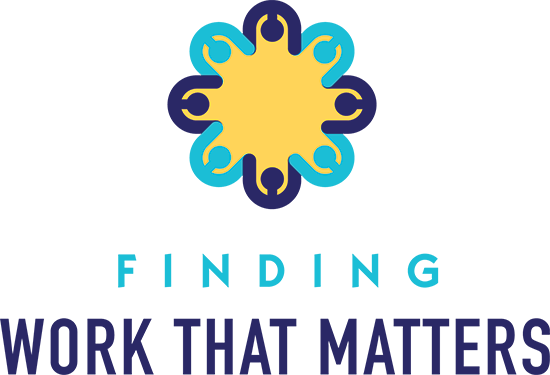You don't have to have it all figured out
/I am working on a new program for the beginning of the coming year. I have been working on this for a while, months really.
I am caught between what I did before that didn’t work, what might work and what else is working out there in the world.
The process has me frozen in my tracks.
What is the problem? I asked myself.
It’s an old visitor I recognize well. It’s the one that says I need to have this all figured out.
That whatever I develop has to be a certain way. Impactful. Different than the rest.
That feels like a lot of pressure. The kind that takes me down a dead-end road.
It is a familiar story. Not just for me. My clients.
Often during our first conversations, they tell me about the pressure. Not only do they have to make money, but it needs to be something that they love to do. This message has been drilled into them for a long time.
So rather than getting excited about the possibilities, they feel lost.
That kind of environment is like living in a closet. There isn’t enough room.
I get it.
So here’s what I want to say to you.
You don’t have to find the perfect job that fits for you. You don’t need to satisfy some other person’s expectations of what you should do.
You don’t have to have it all figured out.
Is there something to do?
The answer is yes.
I read an article today about holding space by Heather Plett. It is called What it means to “hold space” for people, plus eight tips on how to do it well.
The ideas that she learned through the experience of her dying mother are also profound for the confusion of career change.
One tip Heather Plett shared was about only giving so much information at a time. The confusion of looking at the world of work is trying to figure it out all at once.
It’s too much for our brains. And feelings. I agree with Heather that it can make us feel incompetent.
I like to think of the work I do in phases. Mixing up the phases leads to inner turmoil.
What we forget in the muddiness when we don’t know what to do is that it is okay to not have it all figured out.
It doesn’t mean that we won’t.
Let’s ease the pressure.
If you liked this article, you might also like:
Hate your job? What you need to do first….
Why looking at job postings is a bad idea
Don’t miss another article. Sign up for the newsletter and read about all about it first!












